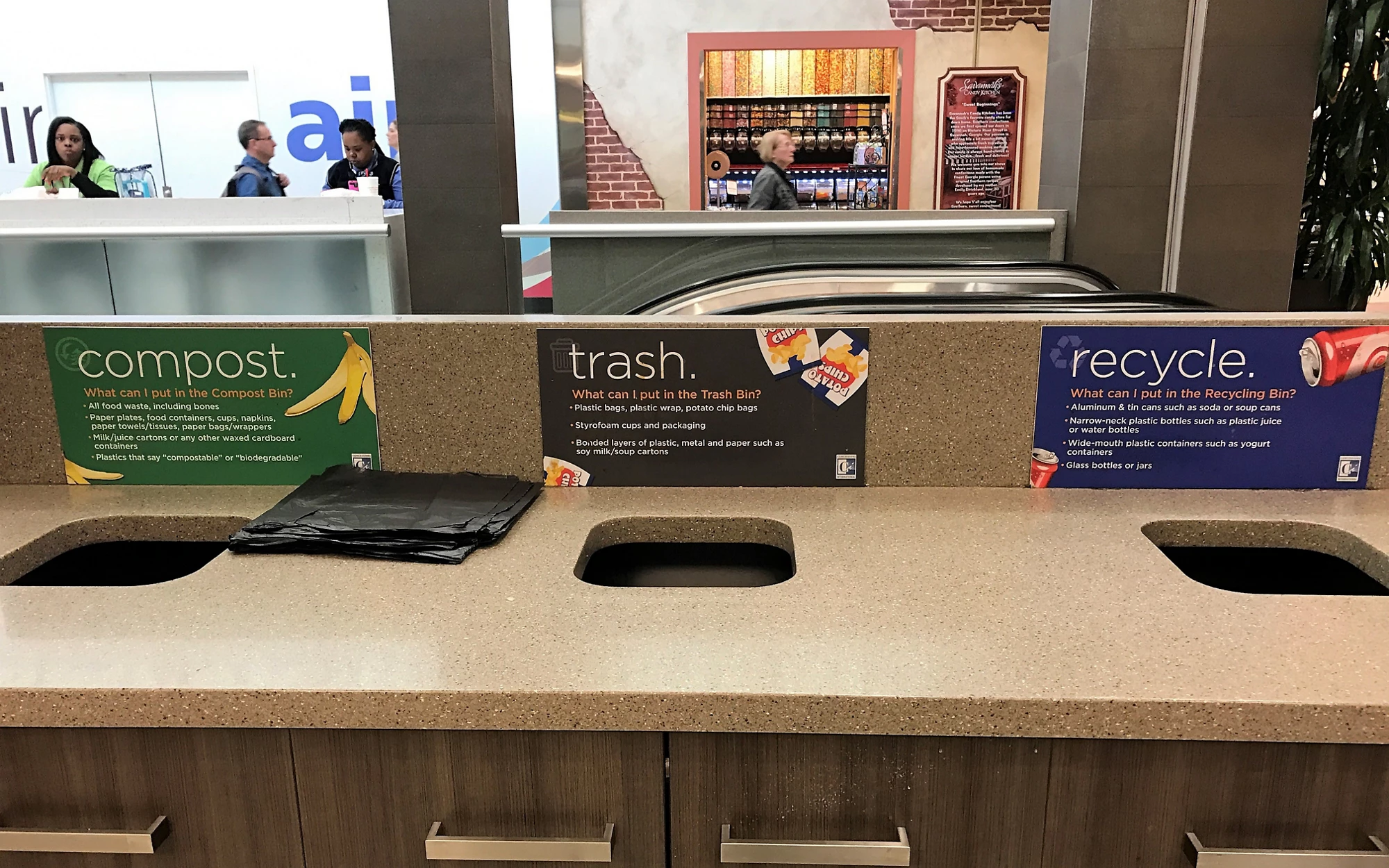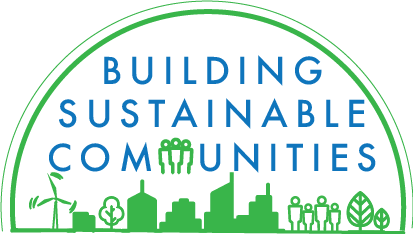
The data revolution is upon us and the benefits, including improving the efficiency of corporations, spurring entrepreneurship, improving public services, improving coordination, and building profitable partnerships, are becoming more evident.
For public services, the potential gains are impressive. Globally in the electricity sector, an estimated $340 – 580 billion of economic value can be captured by providing more and better data to consumers to improve energy efficiency, and to operators for streamlining project management and the operation of their facilities. Even larger gains ($720 – 920 billion) could be captured in the transport sector.
Exploring the benefits of open data in the solid waste sector has been slower than for other services, however, if you take a closer look, the benefits may be substantial. Solid waste services have a lot to gain – with low service coverage and a lack of modernization in most parts of the world; solid waste services can be costly, representing 10 – 50% of municipal budgets in many developing countries; and it is directly dependent on many actors. To be effective, citizens, institutions, and private companies need to be informed and involved.
[Download: What a Waste: A Global Review of Solid Waste Management]Some examples of what making better quality data available on solid waste services could do include:
The best laid plans… have data. With average waste collection rates of 41% and 68% for low- and lower middle-income countries, respectively, and less than 10% of the corresponding waste disposed in a sanitary manner, many municipalities in the world lack solid waste services. The introduction of modern solid waste systems in these areas represents a monumental organizational change and logistical challenge. It necessitates the introduction of collection services for, among others, each household, and every commercial building and supermarket; the coordination with, informing, and incentivizing all the actors in recycling; the operation of transport services; and the operation of effective disposal or treatment options for the daily, relentless influx of waste. Systematically collecting quality data will help municipalities to undertake strategic planning, integrate service planning into urban planning, and make the necessary decisions that allow them to establish a solid waste system that is properly dimensioned and cost-effective.
Out of sight… The gaps in information on the management and fate of even small fractions of waste are reducing our ability to recognize and respond to significant social and environmental issues. For example, the waste managed by informal waste workers – an activity that represents both an opportunity and risk for the world’s poor – is not fully understood in most localities, which is limiting opportunities for these groups to be recognized and given fair pricing. In addition, litter in urban areas goes largely undocumented, yet it is having a subtle and systematic impact on people’s sense of insecurity, and is affecting land values, economic investment, and tourism. Additionally, plastic waste in waterways has only recently begun to be quantified, but has been accumulating in the world’s oceans for decades. With accurate accounting of waste and its impacts, the issues can begin to be defined and recognized, and the process of developing well-informed solutions can begin.
Informing decisions on resource recovery. Why should people separate their waste? What are the benefits of investing in different recycling and treatment technologies? How much does it cost? How much money can we make? The questions are common and the answers can be improved with clear and transparent information on what is being accomplished through reliable data on the costs, scale of revenues and profitability, and overall performance of programs and technologies. More systematic disclosure and reporting of this information, coupled with ongoing review of evidence on the benefits such as climate change mitigation, energy generation, and employment would provide a check on claims of financial revenues, enable effective decision-making, encourage innovation, and provide a means to highlight successes.
[Blog post: Time to rethink how to harness the private sector to improve sustainable solid waste management]
Accountable service providers. Many municipalities and service providers in the world do not know or cannot account for the quantity of waste they are managing, and budgets for solid waste management commonly go unreported as they are dispersed among various municipal departments and expenditures. Basic information on the scale of the service that is being provided and how much is being spent not only is a precondition for improving efficiency but reduces opportunities for corruption and other forms of poor governance. Improving reporting and use of data such as the tons of waste entering landfills, the collection routes completed, labor force, contracts, and the costs of each service could have a lasting impact on the transparency and efficiency in the sector.
Informed citizens and businesses are part of service provision. Everyone manages waste, from a family to a small store to a major commercial building. Among the basic urban services, the beneficiaries of waste management play an unusually important role – for example, in the management of waste and in keeping streets clean – and, ultimately, are crucial to the success of the service. Scaling up information-sharing and the provision of better and more available data can foster cities filled with aware and engaged citizens and companies.
[Read: World Bank Brief on Solid Waste Management ]
The World Bank is updating its global publication on solid waste data. First published in 2012, the World Bank’s What a Waste report is a global reference document on solid waste management that aggregated, for the first time, available data on solid waste management systems around the world in a single document.
With the support of the Japanese government, the document will be updated to include the latest national-level data and additional statistics on waste management financing, provide in-depth municipal-level data, and offer case studies on the most pressing waste management topics of modern day. The World Bank is taking advantage of the International Solid Waste Association (ISWA) International Congress to talk about the initial results of this report as part of the ongoing partnership with ISWA.
This work will provide a global view of the issues, and complements the ongoing efforts of governments at the national and local level to use data to plan and modernize solid waste systems, improve cost accounting and transparency, implement technologies that recover resources and mitigate climate change, and encourage citizen engagement.
What else can we gain from improved data transparency and use in solid waste management? What might you want the What a Waste publication to include?
Related:
- Subscribe to our Sustainable Communities newsletter
- Follow us on Twitter (@WBG_Cities) and Flipboard



Join the Conversation